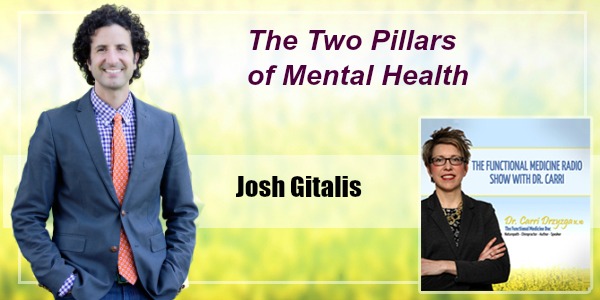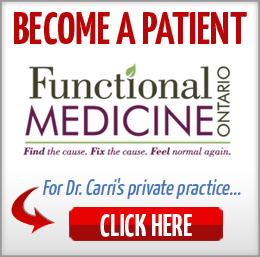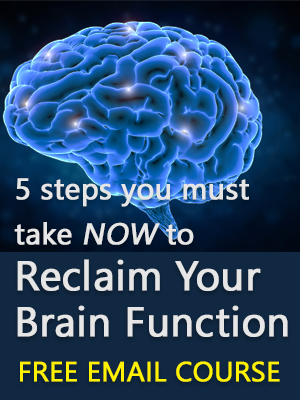Podcast: Play in new window | Download
Subscribe: Apple Podcasts | Android | RSS
In this episode of The Functional Medicine Radio Show, Dr. Carri’s special guest Josh Gitalis talks about the two pillars of mental health.
Josh Gitalis, Clinical Nutritionist, is a recognized expert in the fields of clinical detoxification and therapeutic supplementation. He runs a Toronto-based private practice, with a worldwide client base. As a leader in his field, Josh teaches Clinical Nutrition for several natural health colleges and is the first Canadian nutritionist to become an Institute for Functional Medicine Certified Practitioner (IFMCP). Josh is a noted expert for various media outlets including CTV News and CityTV.
Main Questions Asked about the Two Pillars of Mental Health:
- What are the two pillars of mental health?
- Why is the conventional medical model of mental health missing the mark?
- What are some of the biggest mistakes and misconceptions about mental health?
- Do you have any tips on choosing the right interventions for the two pillars of mental health?
- What are some symptoms of low/high blood sugar?
Key Points Made by Josh about the Two Pillars of Mental Health:
- The first pillar of the two pillars of mental health is the mental, emotional, and spiritual pillar: the experiences of our early lives shape the way we perceive things.
- The second pillar of the two pillars of mental health is the biochemical pillar: our body’s physical health, sensitivities and general conditions.
- People will react to events differently depending on their past training and experiences – this will affect your emotional state and the chemicals within your body.
- Blood sugar imbalances can cause a number of negative effects like stress, depression, and anxiety.
- Our brain takes up 25% of the body’s circulating glucose. If the flow of energy (glucose) to the brain isn’t very regular the brain will be directly affected.
- Brain shrinkage is linked to higher blood sugars levels. Big body = little brain.
- Traditional medicine typically treats mental health too narrowly, only addressing a single symptom or neurotransmitter.
- Your diet is directly involved in the formation of certain neurotransmitters like serotonin.
- Treating inflammation is often the first step to treating depression since inflammation affects the ability of drugs to actually help.
- The root cause of mental health issues is often found in the person’s diet or inflammation levels.
- A big misconception about mental health is that there is a single cause. Sleep, physical activity, hormones, and vitamin deficiencies all contribute.
- Most people don’t believe food affects their mental health. You have three chances a day to affect the way you feel.
- Your food becomes your thoughts. The food and nutrition you eat becomes your nervous system and brain.
- What you do now has a major impact of your later brain health.
- There are three things your brain needs: oxygen, glucose, and stimulation.
- The simplest recommendation is to do what energizes you.
- The biggest lever you have to improve your mental health is to tune up your diet. Diets like Paleo and the Ketogenic Diet are popular because they are helping people.
- If your energy and mental concentration are going up and down throughout the day, your blood sugar isn’t being regulated well.
- Changing your diet involves a transition time. Small snacks can help with the effects.
Resources Mentioned for the Two Pillars of Mental Health:
Podcast Interview with Josh Gitalis – Daily Supplements
Book – Reclaim Your Energy and Feel Normal Again
Thank you for listening! If you enjoyed this podcast, please subscribe and leave a 5 star rating and review on iTunes!




